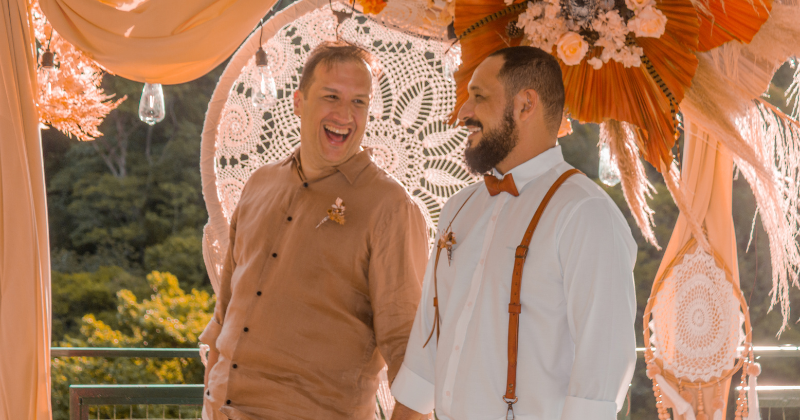Not every committed couple wants to have the large ceremony, walk down the aisle, and say ‘I do.’ Not all couples want to be married; some feel that the government doesn’t belong in their relationship. And not everyone grew up dreaming of a huge wedding. And all of that is perfectly fine! But all married or unmarried LGBTQ+ couples need to know about an estate plan.
Everyone is concerned about what will happen to you as you get older. And what will happen to your loved ones when you pass away. But married and unmarried LGBTQ+ couples have a couple of extra steps to consider when setting up their estate plan.
What LGBTQ+ Couples Need to Know About an Estate Plan
Committed but unmarried couples may need a few extra steps in their estate planning to protect their children, partners and assets. Some important steps to consider are:
- A Will
This will dictate who will take care of your children and specify where you want your assets to go after you pass away. With a married couple, the house, cars or other assets may go directly to the spouse. But that is not the case for unmarried couples. Without a will in place, LGBTQ+ couples may have to fight a disapproving family for any assets left by their partner.
- A Trust
Instead of or in addition to a will, you may opt for a trust. A trust can go into effect before your death if you become incapacitated. Another benefit is that it is harder for family to contest a trust than a will.
- Health Care Directive
This lets your partner and medical staff know the type and extent of medical care you desire if you can no longer speak for yourself. It answers questions such as do you want to be on a respirator, do you have a Do Not Resuscitate, or do you want only pain management for your end-of-life care.
- Durable Power of Attorney
You can name someone to take care of your finances and decision-making when you cannot. A durable POA allows you to name someone to take care of things until you can do so again.
Being an LGBTQ+ unmarried couple has some legal hurdles. Make sure you and your partner are protected with a strong estate plan designed specifically for you.
Do You Need Help Protecting Your Family? Contact an Oak Brook Estate Planning Attorney
Married and unmarried LGBTQ+ couples often need special estate planning to protect their loved ones. Talk to a probate, trust and estate planning attorney in Chicago about how to create your estate plan. Contact the Estate & Probate Legal Group at 630-864-5835.
AREAS WE SERVE: Cook, DuPage, Kane, Lake and Will counties
